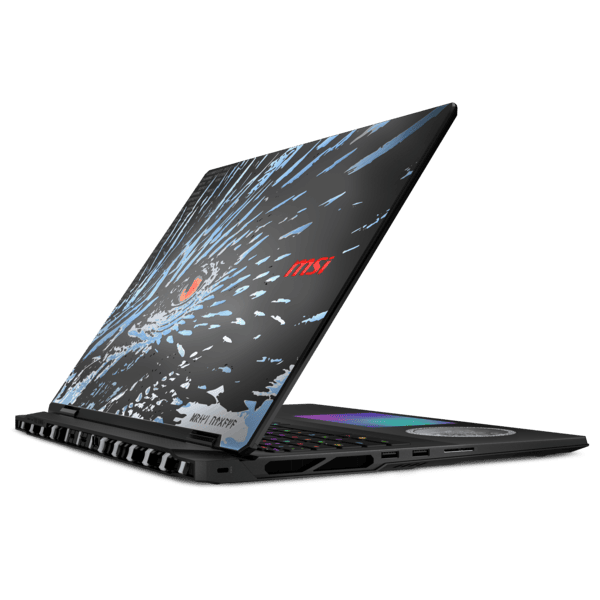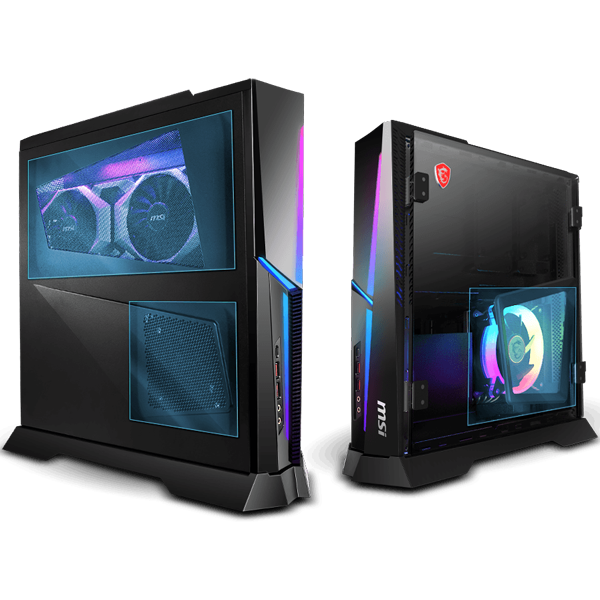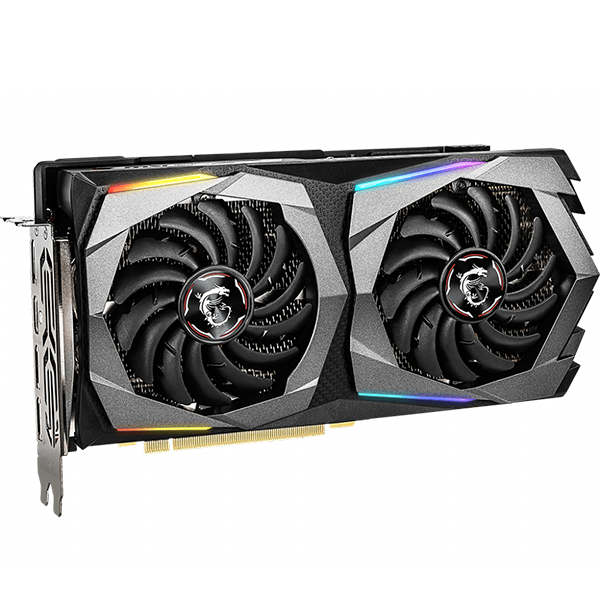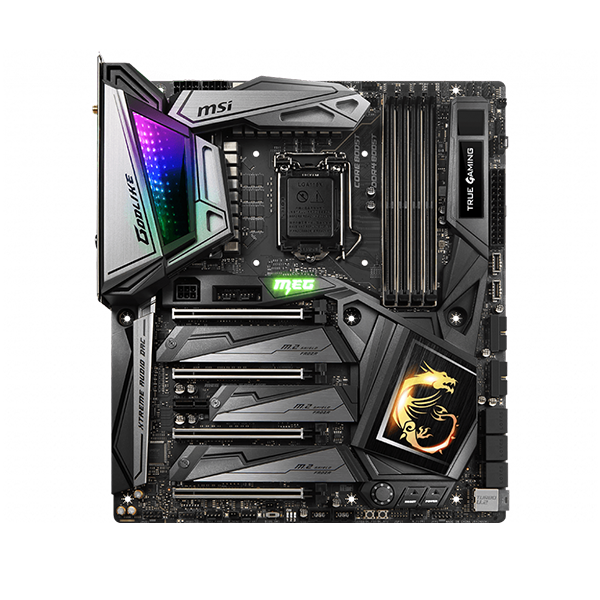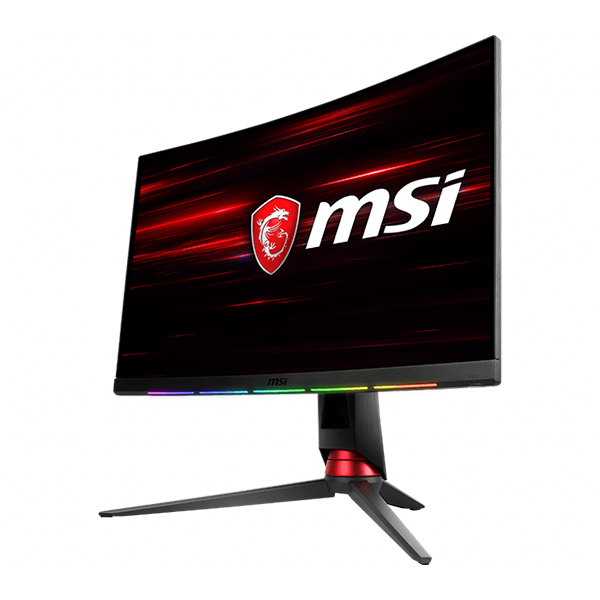How to fix a PC with powers up but no display?
We recommend you to troubleshoot with power supply, display monitor, graphics card and display cable to find out the cause of the issue.
Please Troubleshoot by the methods below:
Check the power supply
- Check the power button of the power supply, “I” means its on “O” means it’s off.
- Check if the power supply runs normally, and if its fan rotates normally. (Move your hand to the outlet of the power supply. The power supply runs normally if the wind blows).


Check the monitor
Note: It can be cross-tested by changing the monitor.
- Make sure the monitor is well attached to the power supply.
- Make sure the power indicator is lit on.
- Make sure the display cable is well attached to the monitor and graphics card. Replace other identical display cable (VGA / DVI / HDMI / DisplayPort) to take cross-test.

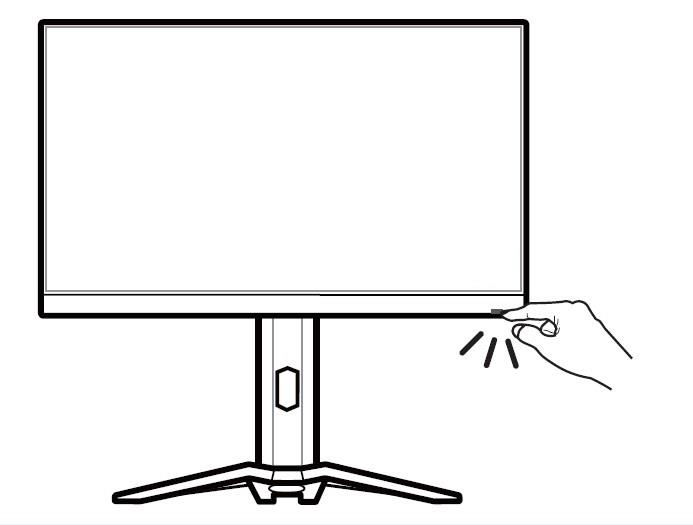
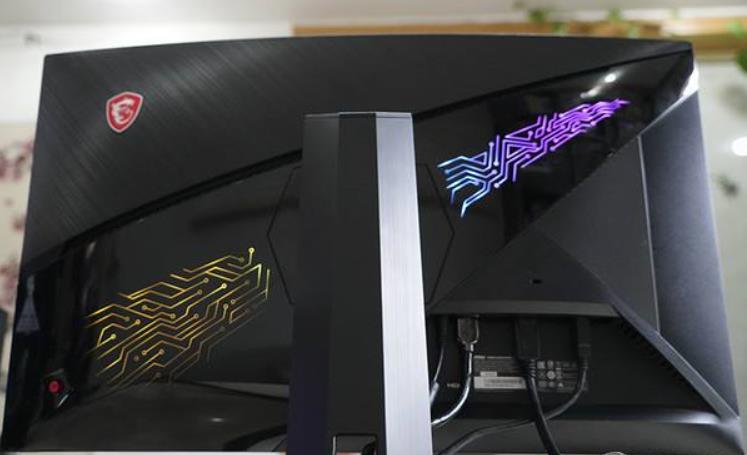
Make sure the graphic card is tightly attached to the motherboard PCI-E slot. The 6pin or 8pin power connector is properly inserted to the graphics card.
(If the graphics card has multiple separate connectors, please load all of them to make sure the power is fully supplied)
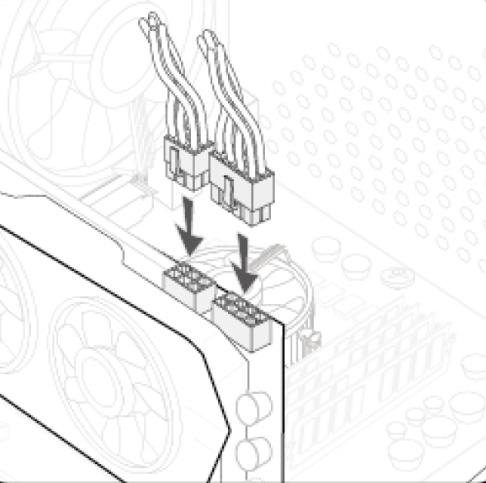
Remove the graphics card and assemble again to make sure the PCIe pins are well attached.
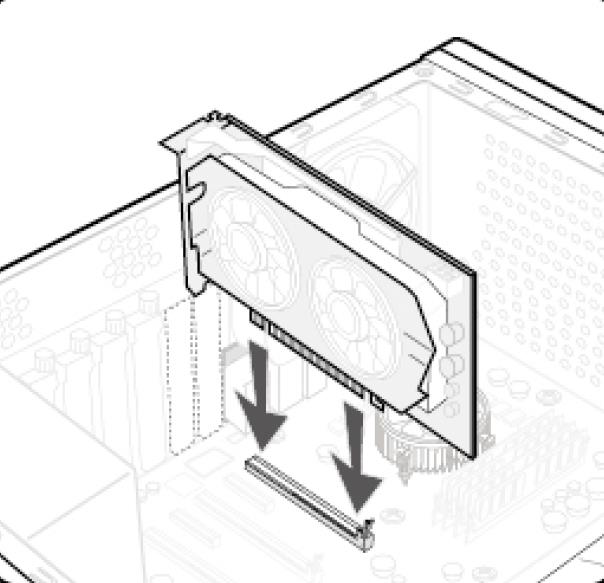
Connect the display cable directly to the motherboard, use the integrated CPU graphics to start up the PC. If the screen remains in black, that means the problem is with the motherboard not the graphics card.
Note: if your PC has no embedded or integrated CPU graphics, try cross-testing with another PC to confirm the cable/monitor functions.

